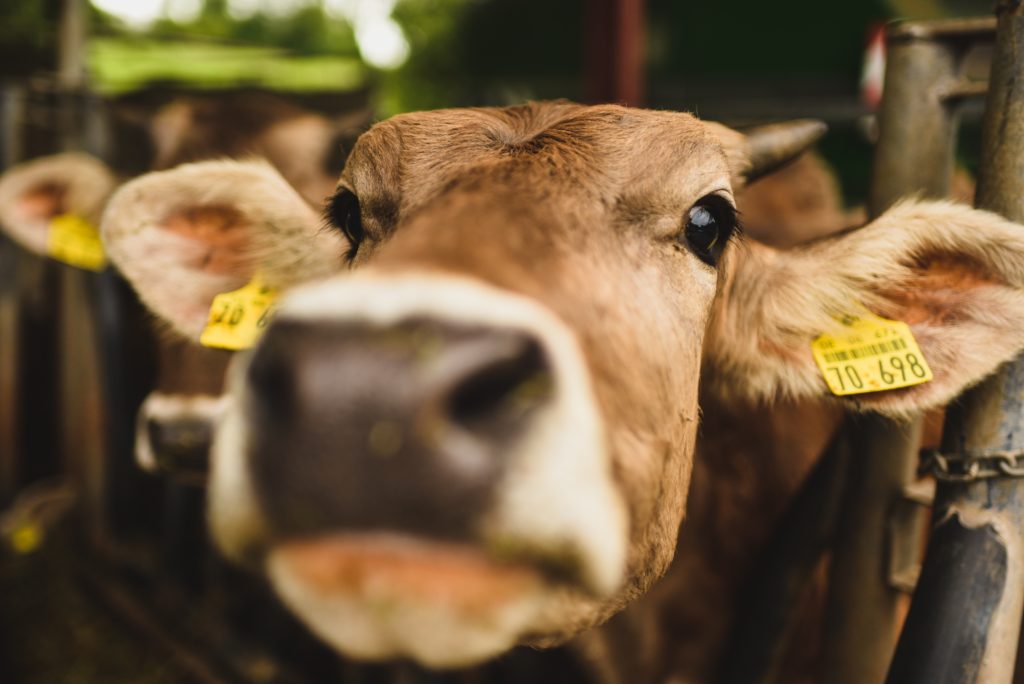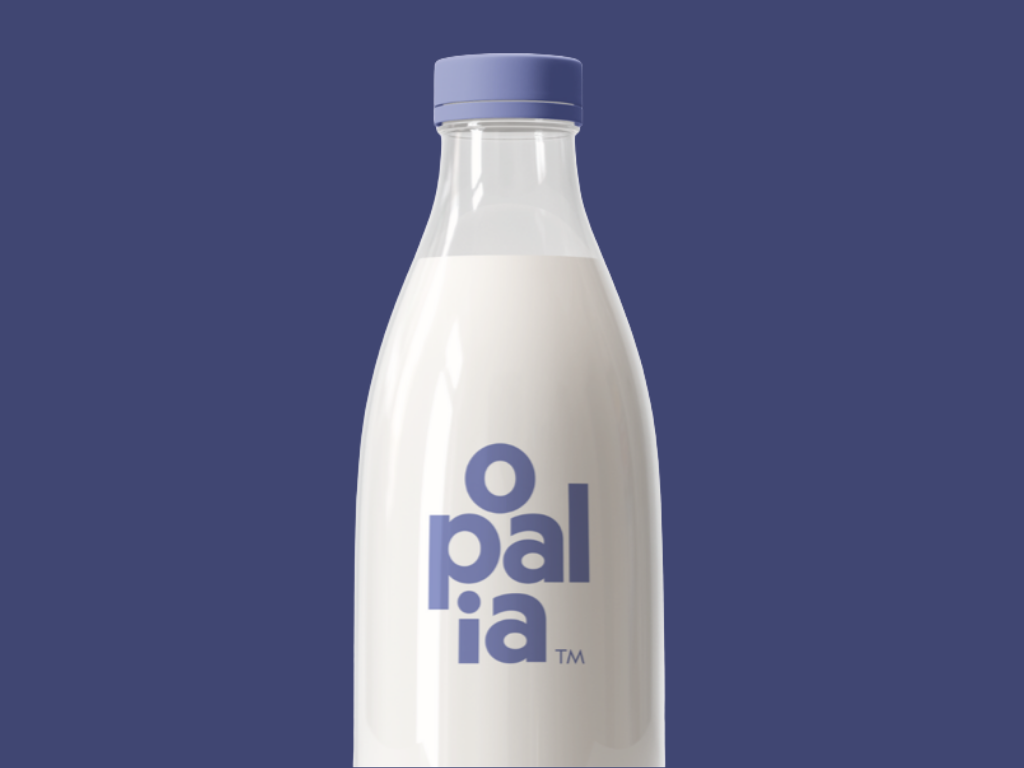Opalia Enters Cultivated Milk Race To Push Sustainability And Animal Welfare Issues Forward
4 Mins Read
Montreal-based Opalia has announced that is has successfully produced cell-based milk without the use of fetal bovine serum (FBS). The startup has already secured $1 million in pre-seed funding, with a seed round now in progress for continued R&D and projected scaling costings.
Opalia, previously called Bettermilk, uses all the functional components of milk to create its cultivated version, which co-founder Jennifer Côté it careful to specify is not bio-identical to conventional cow’s milk. Côté and co-founder Lucas House started the company based on personal ethics and a desire to make an impact on existing food systems that sideline animal welfare.
Opalia is one of a small handful of cellular agriculture startups focusing on animal milk, a group which includes Bill Gates-backed Biomilq, a North Carolina-based company that is working to produce human breast milk.

The quest for cruelty-free dairy
Opalia has been founded to create a viable and functional alternative to dairy from farmed animals with the founders deciding early to exclude human breastmilk. “The reason we’re focusing on cow’s milk instead of human is because that’s where the value is in terms of impact,” Jennifer Côté, co-founder of Opalia told FoodNavigator-USA. “The reason we got into this business is for the whole sustainability and animal welfare aspect. This is what is driving us forward and pushing us to be aggressive on reducing our production costs early to target these lower margin products that are part of a bigger market.”
Given the reach of the dairy industry, there are many challenges ahead if cultivated milk technology is to attempt to compete with commercial dairy. Observers have been quick to comment that new cultivation technology appears to work well at pilot stage, but mass-produced food scale will present challenges. Some feel that this is due to potential problems in terms of reliability of repeated results. For Opalia, some of the difficulty lies in its costly two-part production process. A key strategy for lowering costs is the removal of FBS from the production process. A double-win in terms of ethics and costs, removing the animal-derived serum was a business no-brainer. Issues connected to scaling are still being addressed, however.
Why choose cultivated?
Unlike cultivated meat, cultivated milk is free from constraints like sourcing effective scaffolding and generating a variety of tissue textures, but there are still hurdles. Chief amongst them is streamlining between the bovine mammary cells growing and induced lactation phases.
“This is kind of a nurturing phase where you java amino acids, vitamins, sugars and salts, and we also have our animal-free FBS replacement that we have to add for stimulating growth,” Côté told FoodNavigator-USA. “Once the cells are grown to the numbers we want, we remove the FBS alternative and we add in the components that induce lactation. And those components are a key part of our IP as they allow us to increase lactation and also to reduce the cost, which is always the key factor to keep in mind for scalability.”
The complexity and relative cost-prohibitiveness of cultivated technology begs the question, why not choose a more established technology, such as precision fermentation dairy? Californian pioneer Perfect Day has seen industry-leading results with its cow-free whey protein made for realistic dairy products, so why is that not good enough? According to Côté the answer is simple: it isn’t close enough to real milk. She highlights that fermentation traditionally recreates just one functional element, often whey or casein proteins. “At Opalia, we can manufacture all of the functional components of traditional dairy: all four casein proteins, both whey proteins, milk fats and milk sugar,” she said.

The route to market
Similar to cultivated meat, cell-based dairy faces regulatory approval processes, once finalised products have been developed. Opalia is making headway by working with relevant agencies now, to expedite its market entry. There are a growing number of consumers ready to become customers, if early company-funded studies prove trustworthy. The startup says its own consumer research shows an overall willingness to try cultivated milk.
Opalia’s ultimate aim is to work across a variety of sectors with Côté citing food, pharmaceuticals and cosmetics as starting points.
Disrupting big dairy
Spanish dairy company Calidad Pascual launched its ‘Mylkubator’ program in 2021. An incubator for startups, it supports and works with those looking to leverage cellular agriculture or precision fermentation to provide a viable alternative to animal milk. Human breastmilk startups are also invited to participate in the six-month-long program. Successful applicants gain access to prototyping, testing and scaling opportunities, alongside introductions to potential investors.
Not alone in investing the possibilities of cell-based milk, Opalia joins names including Israel’s Wilk Technologies and Singapore’s TurtleTree, who are both looking at human and animal milk cultivation. The former recently announced it had secured U.S. patent approval for its tech and processes. The latter scooped $30 million in a Series A at the end of last year to facilitate scale-up and development of the first commercial product.
Lead photo by Opalia.




